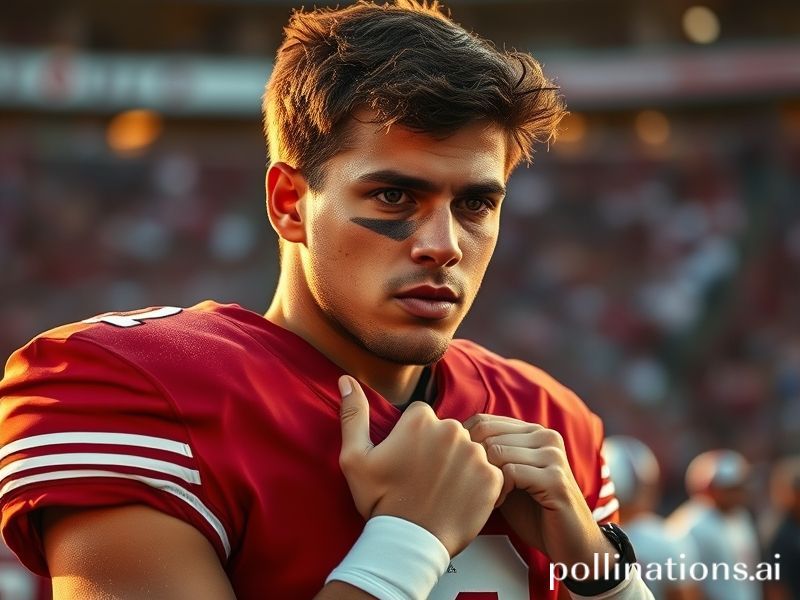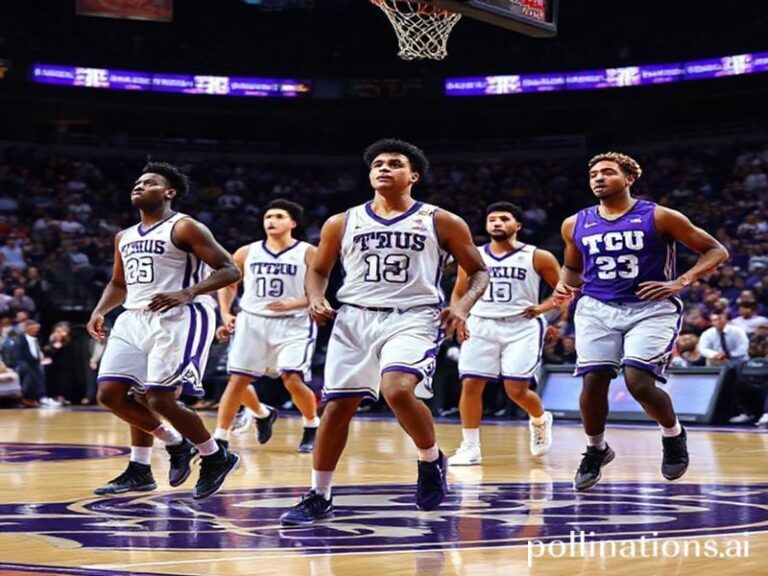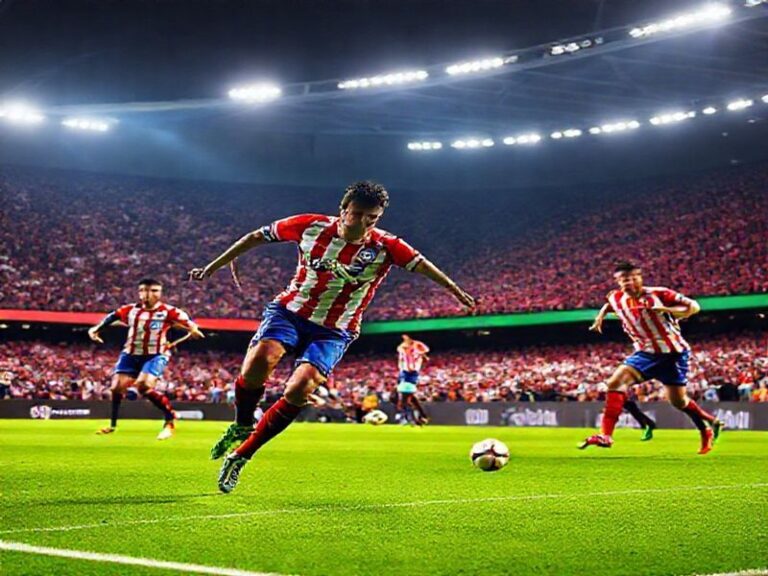bryce young
From the vantage point of a crumbling press box in Sarajevo—where the coffee is thick enough to refinish parquet and the Wi-Fi password is still “NATO99″—the name Bryce Young lands with the soft thud of another American folk-hero origin story. Halfway around the world, the 2021 Heisman Trophy winner has been reduced to a scrolling ticker: “Panthers bench QB after 30 quarters of existential dread.” Somewhere in Lagos, a betting syndicate updates its Excel sheet; in Shenzhen, a factory retools to print discounted #9 jerseys for the sub-Saharan gray market. The global supply chain of dashed hopes, it turns out, is remarkably efficient.
Young’s tale is familiar to anyone who’s watched Rome burn while the emperor practices play-action. A generational talent from the University of Alabama—an institution that moonlights as an NFL petri dish—he was selected first overall by the Carolina Panthers, a franchise whose last playoff victory occurred when Bluetooth was still science fiction. The immediate international takeaway: America remains the only country that can turn athletic promise into an over-leveraged derivatives market. Grown men in Frankfurt now debate his QBR the way their grandfathers argued over the gold standard.
The broader significance lies not in the arc of Young’s spirals, but in the curvature of the hype itself. In an era when European football academies groom Senegalese twelve-year-olds like Bordeaux futures, the NFL still insists on packaging collegiate quarterbacks as fully matured sovereign bonds. Young, listed generously at 5’10” and 204 pounds, is the living embodiment of American exceptionalism: a marketable contradiction. His fall from grace—benched for Andy Dalton, a red-headed journeyman whose nickname is literally “The Red Rifle”—is less a sports story than a parable about speculative bubbles. The same week he was demoted, the Bank of Japan intervened to prop up the yen. Different arenas, identical denial.
Meanwhile, the world watches with the detached amusement of people who’ve seen empires trade their gods for quarterly earnings. In Buenos Aires, where inflation runs hotter than a Carolina practice squad, locals joke that Young’s contract is still more stable than the peso. Seoul’s esports commentators draw parallels between his pocket presence and a StarCraft rookie who forgets to build supply depots—nerdy, yes, but savage in eleven languages. Even the Taliban—never ones to miss an American face-plant—reportedly streamed his lowlights in Kandahar rec rooms under the caption “Great Satan’s forward pass to nowhere.” Multilateral schadenfreude: the true globalization success story.
There is, of course, a darker undercurrent. Young’s benching coincided with the Panthers firing their head coach, Frank Reich, a man whose NFL résumé now resembles the debris field of a SpaceX test launch. Two Black men, jettisoned mid-season, while the billionaire owner—David Tepper, a hedge-fund oracle who once compared himself to a Navy SEAL—continues to collect yachts like Pokémon cards. Overseas observers note the racial arithmetic with the weary nod of nations that have hosted American military bases. Power retains its alchemy: it can transform talent into collateral damage without ever touching the balance sheet.
And yet, Bryce Young will almost certainly get another chance—because hope is America’s most renewable resource, right after corn subsidies. Some desperate franchise will convince itself that a new offensive coordinator, a gluten-free diet, and a moderately enlightened offensive line can resurrect the myth. International markets will respond accordingly: jersey printers in Dhaka will switch back to Panther blue, and crypto speculators will mint a $YOUNG comeback token. The planet spins on, indifferent to the score.
In the end, Young’s saga is less about football than about the universal human compulsion to bet on tomorrow despite today’s mounting evidence. From this Sarajevo café, where the walls still carry shrapnel scars and the owner refuses to accept euros, the lesson is clear: civilizations rise, empires pivot to streaming, and quarterbacks get benched. The only constant is the line at the cashier—longer every year, and paying out in currencies none of us really trust.







